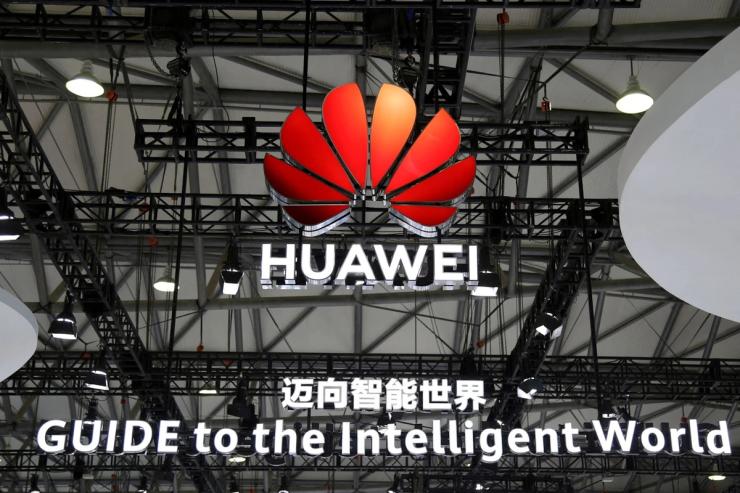The News
Germany will ban components from Huawei and other Chinese companies from involvement in its 5G wireless network over the next five years.
Germany is considered a “laggard” for only taking this step now, Reuters wrote: Other Western countries, like the US, the UK and France, have reduced or entirely stopped using Huawei equipment in the last decade and a half, and strictly limited Chinese tech out of security concerns and fears of Chinese state interference.
Germany’s interior minister on Thursday said these concerns had motivated the decision, adding in a statement that the goal was to protect “the central nervous systems of Germany as a business location.”
SIGNALS
Germany’s decision is a product of international pressure
Germany’s late ban comes under pressure from the United States, the Wall Street Journal reported. The US is hawkish on Chinese tech, and prohibited companies from using Huawei equipment back in 2012. Germany, meanwhile, had long resisted a ban, wary of higher costs — Huawei’s tech equipment is both high quality and cheap — and retaliation from China. But Berlin has had to reconsider its relationship with “hostile countries” in the wake of Russia’s invasion of Ukraine. Still, the ban may not be coming fast enough: One lawmaker told Politico the agreement gave phone carriers too much time to remove Chinese parts, describing it as “irresponsible.”
China is a ‘persistent’ threat, but cyber crime is borderless
China continues to be “the most active and persistent cyber threat to the US government,” a January report from the Cybersecurity and Infrastructure Security Agency warned. But cyber crime is borderless, think tanks and cybersecurity experts have noted, and collaboration between countries could help combat it globally. Cyber crime “poses a direct threat to national security and the everyday lives of citizens,” potentially more so than other kinds of threats, a data security expert wrote in cybersecurity outlet Dark Reading. NATO members acknowledged as much during its ongoing Washington DC summit, and said they would unveil “a new integrated cyber defense center” to help identify, mitigate, and combat threats, according to a White House statement.
AI makes cybersecurity more vulnerable
The rise of artificial intelligence has brought cybersecurity fears to a new level: AI is lowering the barrier to entry for bad actors with fewer capabilities to do harm, the UK’s spy agency told Reuters, and this could lead to more ransomware attacks — which have already doubled since the pandemic, the International Monetary Fund estimates. When it comes to the US, AI itself is also a target: Because most of the top AI companies are American, “you can bet your bottom dollar that foreign adversaries, especially the Chinese, are actively targeting that innovation, that intellectual property,” the head of the FBI told CNBC in January, adding that working to protect it was a key focus of the intelligence agency.


